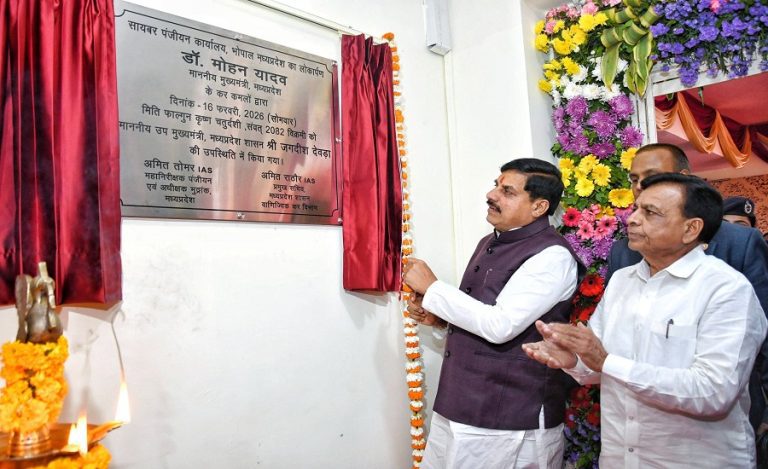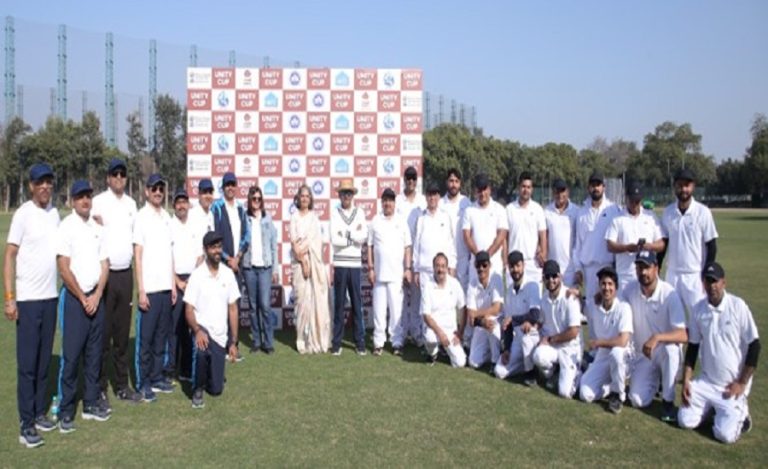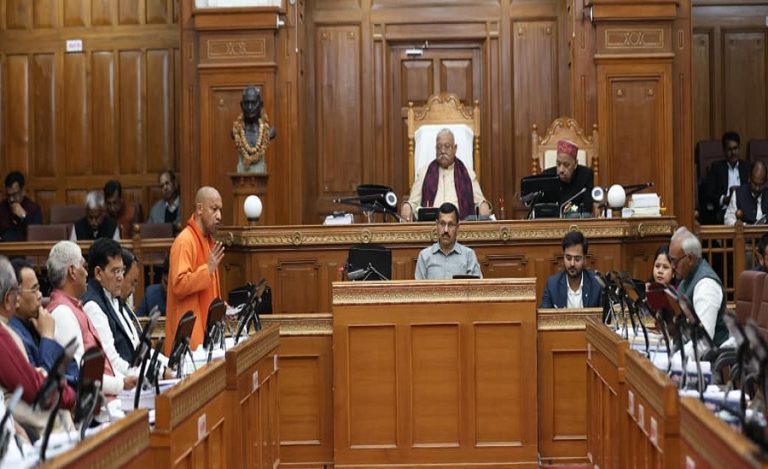New Delhi: A Delhi high court has sentenced 13 individuals, including a former IAS officer, to prison terms ranging from six months to five years in connection with the Safdarjung Cooperative Group Housing Society (CGHS) scam, highlighting the judiciary’s stern stance against corruption.
The case, investigated by the Central Bureau of Investigation (CBI), involved offences such as corruption, cheating, forgery, and criminal conspiracy. Special Judge Prashant Sharma, while pronouncing the sentences, likened corruption to a “cancer” that threatens the health of society and stressed that it must be tackled with an “iron hand.”
Scam Linked to ₹4,000-Crore Cooperative Housing Fraud
The Safdarjung CGHS case is part of the larger ₹4,000-crore cooperative group housing societies scandal in Delhi. The scam revolved around the fraudulent revival of defunct societies to obtain subsidised land from the Delhi Development Authority (DDA).
The investigation followed a 2006 Delhi High Court order directing the CBI to probe irregularities in the functioning of cooperative housing societies. The prosecution stated that former IAS officer Narender Kumar, Gopal Dixit (then registrar of cooperative societies), BM Sethi (then assistant registrar, deceased during trial), and other officials conspired to illegally revive the defunct society in 1999. They allegedly used impersonation, forgery, and abuse of official positions to defraud the Delhi government.
Convictions and Sentencing
The court convicted all accused on October 13 and pronounced the sentence on October 31. Those sentenced to five years in prison include Narender Kumar, Karamvir Singh, Maha Nand Sharma, Pankaj Madan, Ahawni Sharma, Ashutosh Pant, Sudershan Tandon, Manoj Vats, Vijay Thakur, Vikas Madan, and Poonam Awasthi.
Former RCS registrar Gopal Dixit and Narender Dheer received two years’ imprisonment along with fines.
Judge Issues Strong Warning Against Corruption
In a strongly worded order, Judge Sharma emphasized the destructive power of corruption, stating: “Corruption is like cancer. Treatment like chemotherapy is required to cure society from it. Corruption has the capacity to cause the breakdown of our economy if it is not checked strictly.”
The court noted that corruption erodes social and moral values, warning that if left unchecked, it could disrupt the socio-economic and political system of an otherwise healthy society. Referring to corruption as a “plague” that spreads like “fire in a jungle,” the judge urged that justice must not appear lenient, reinforcing public confidence in the judicial system.




























